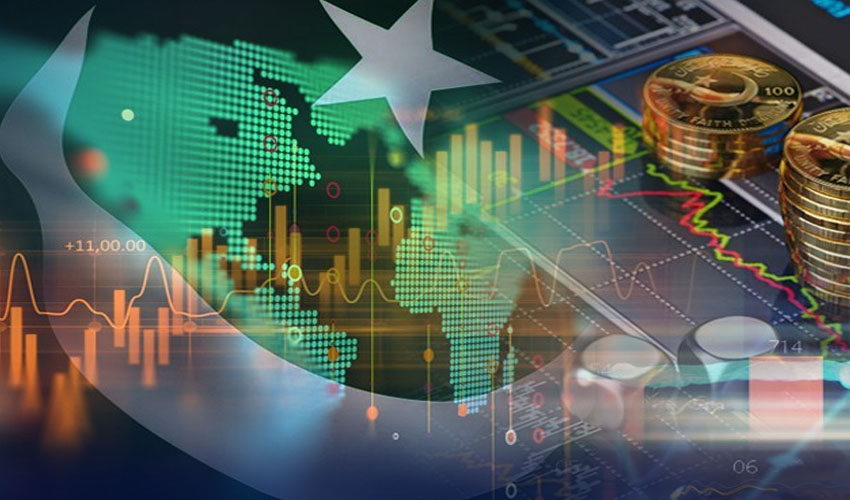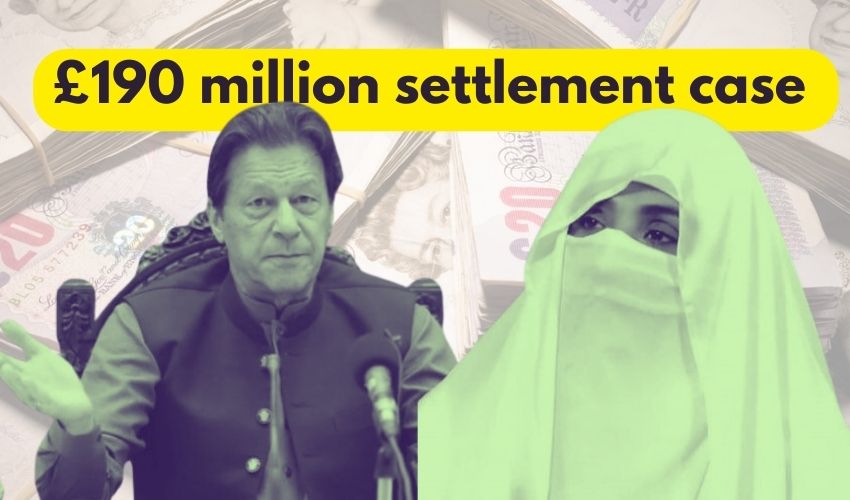Pakistan's middle class should not expect much relief from the budget which is being prepared on IMF strict conditions as the government is all set to increase price of electricity and gas and impose taxes in the new financial year budget 2024-25.
The government is preparing a federal budget for FY24-25 to secure a bailout package of up to $8 billion from the International Monetary Fund (IMF). The new proposed federal budget of Rs18,900 billion will be based on a deficit of Rs9800 billion.
The public will have to bear the burden of inflation and additional taxes to meet government expenditures.
Electricity per unit rate to shoot up by Rs7
The price of electricity will be more expensive by Rs5 to Rs7 per unit and inflation will rise well above the official target of 12 percent.
Economic affairs expert Ashfaq Tola said that the conditions that are being discussed and he thought that there were going to be a lot of ‘difficulties’ in the budget.
In the new budget, the potential annual tax target of FBR will be Rs13,000 billion, which will have to be levied in additional taxes.
2.5% income tax on non-filers
To bring non-filers into the tax net, it is proposed to impose a 2.5 percent income tax on the entire supply chain from manufacturing to retailers, and increase the tax on the income of contractors, professionals, and sportsmen. Apart from this, there is a plan to collect 4800 billion rupees.
18% GST on hundreds of items
The new budget plans to impose 18% GST on hundreds of items, including imported food, baby milk, and stationery. There is a plan to increase the tax on old vehicles and include many sectors including lakhs of retailers in the tax net.
Defense budget
It is estimated that Rs9700 billion will be spent on paying interest on loans in the new financial year. Rs2100 billion on defense, it is proposed to increase the budget of the federal PSDP from Rs1221 billion to Rs1500 billion while subsidies for various sectors have been estimated at Rs1300 billion.
BISP to continue
Small government employees will get a pay rise and the poor will get some relief from BISP, but the difficulties for the middle class will increase.
Economic affairs expert Dr Waqar Ahmad said that the possibility of relief in the budget is expected to be very low given the IMF agreement. The middle-income and high-income groups will face difficulties with additional taxes imposed.
The new budget proposes to levy 18% GST on retailers, agricultural implements, seeds, fertilizers, tractors, and other equipment. The target is to bring 60 lakh traders into the tax net. These measures are aimed at ramming the IMF for a bailout package.
According to Dr. Abid Silhari, an expert in economic affairs, Pakistan would want to implement reforms but predicted political tensions would not come by any chance when the budget is approved.
“After that, the negotiations for your next program will start. Inflation is not seen to decrease and at that time the entire focus of the government should be stability in the value of the currency,” he said.



























